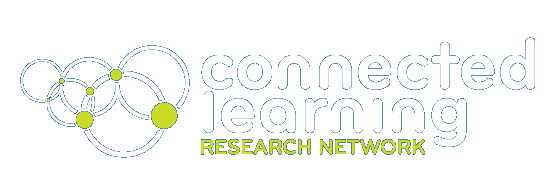Young people in the United States today are growing up in a media ecology where digital and networked media play an increasingly central role. Even youth who do not possess computers and Internet access at home are participants in a shared culture where new social media, online media distribution, and digital media production are commonplace among their peers and in their everyday school contexts. The implications of this new media ecology weigh heavily on the minds of parents and educators alike, who worry about the changes new media may present for learning and literacy as well as for the process of growing up in American society.
This report summarizes the results of a three-year ethnographic study, funded by the John D. and Catherine T. MacArthur Foundation, examining young people’s participation in the new media ecology. It represents a condensed version of a longer treatment of the project findings (Ito et al., forthcoming). We present empirical data of new media in the lives of American youth in order to reflect on the relationship between new media and learning. In our research, one of the largest qualitative and ethnographic studies of American youth culture, we examine what sociality among young people actually looks like in this new media ecology as well as how the emergence of networked public culture may shape and transform social interaction, peer-based learning, and new media literacy among young people.
(with contributions from Sonja Baumer, Rachel Cody, Dilan Mahendran, Katynka Martínez, Dan Perkel, Christo Sims, and Lisa Tripp)
Book available through MIT Press.










